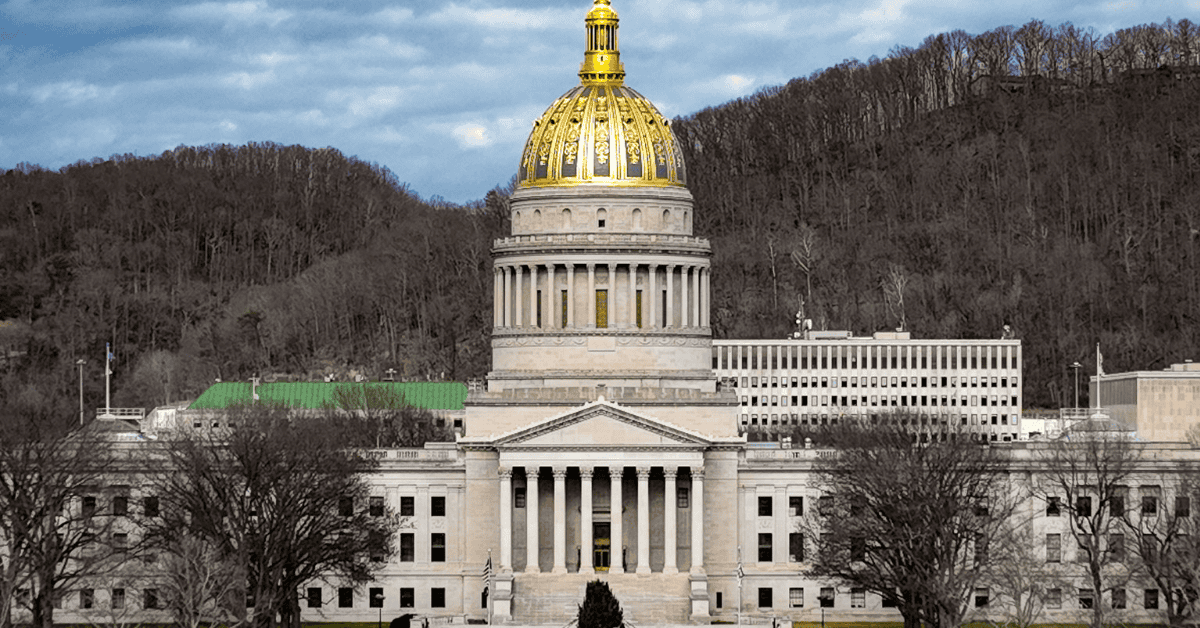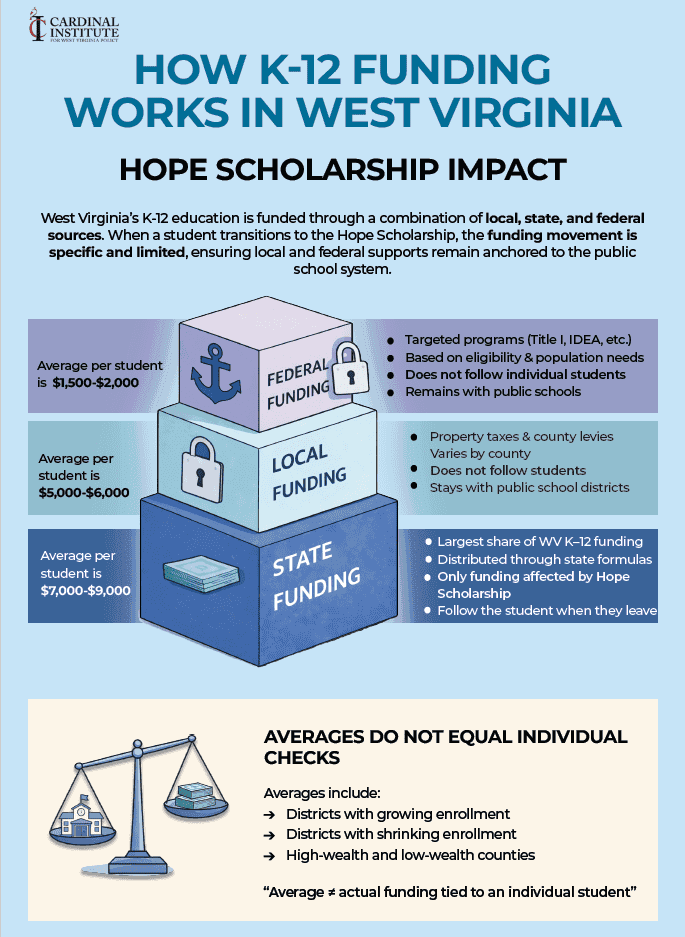
The Berlin Wall and Serendipity
35th Anniversary of the Fall of the Berlin Wall
Earlier this month, lovers of freedom throughout the world celebrated the 35th anniversary of the fall of the Berlin Wall. Not only did it mark the beginning of the end of the Cold War, for many, it also signified the philosophical triumphs of freedom and democracy over communism and dictatorship.
Some of you may also know that I celebrated my 35th birthday earlier this month. In fact, I was born mere hours after the wall fell.
As a youngster, I remember coming across the baby book my mom collected memories in. Among the prompts for her commentary was a section about current events. There, I distinctly remember reading “Berlin Wall falls.”
Now, at best I was in middle school and may have been even younger than that when I was flipping through this baby book. I guarantee you, young Jessi had no idea the monumental significance of that event when she encountered those words in her mother’s handwriting. But for whatever reason, the memory stuck.
Studying Economics at West Virginia University
Flash forward about a decade and you’d find me in one of the many economics courses I took at West Virginia University. I can’t recall for sure, but I think it would have been my Comparative Economic Systems and/or Economies in Transition class(es) where we really dug into the fundamental differences between capitalist and socialist economies.
By this time, I was fully sold on my love of economics. The best way to describe my falling in love with the discipline is when you see those videos online of someone with colorblindness trying on the special glasses that allow them to see all the colors for the first time. Learning the discipline gave me a toolkit for analyzing the world around me, and perhaps most importantly, a vocabulary for so much of what I always considered common sense logic.
But in these comparative systems courses, we went far beyond the blackboard models and solving equations for equilibrium prices, profits, consumer or producer surplus, and more. Here, we dug into the downstream effects on the people who lived under these respective economic systems and the cultural impacts that lingered long after one system was replaced by another.
How Socialism & Free-Markets Impact Cultures
Countries throughout the world that have endured socialist economies and then transitioned to market-oriented economies tend to suffer low productivity, low rates of entrepreneurship, higher rates of corruption, lower rates of religiosity, and more. Put simply, the culture of socialism and the incentives it facilitates are sticky.
However, the converse is true as well. Take Poland for example. After World War II when the country fell under Soviet control, many Poles resisted the political and economic forces being thrust upon them. Though Poland was “behind the Iron Curtain,” that era was full of peaceful protests, tension between the de jure communist political leadership and de facto liberalization of day-to-day Polish life, and enduring religiosity, specifically the popularity of the Catholic Church, that kept the influence of The Party in check. These enduring cultural trends helped Poland transition more successfully to a market-oriented economy after the Soviet Union fell.
This political experiment in the 20th century demonstrates how massively important freedom and markets are to the thriving of the people who live within their context. Fighting for and defending these ideas is a fundamentally noble calling. It’s a tradition that I am incredibly proud to be part of.
And I can’t help but find it oddly fitting that I’ve spent my professional life fighting for the ideas of liberty and free markets when I made my entrance into this world just hours after one of the starkest representations of that ideological conflict became moot.








